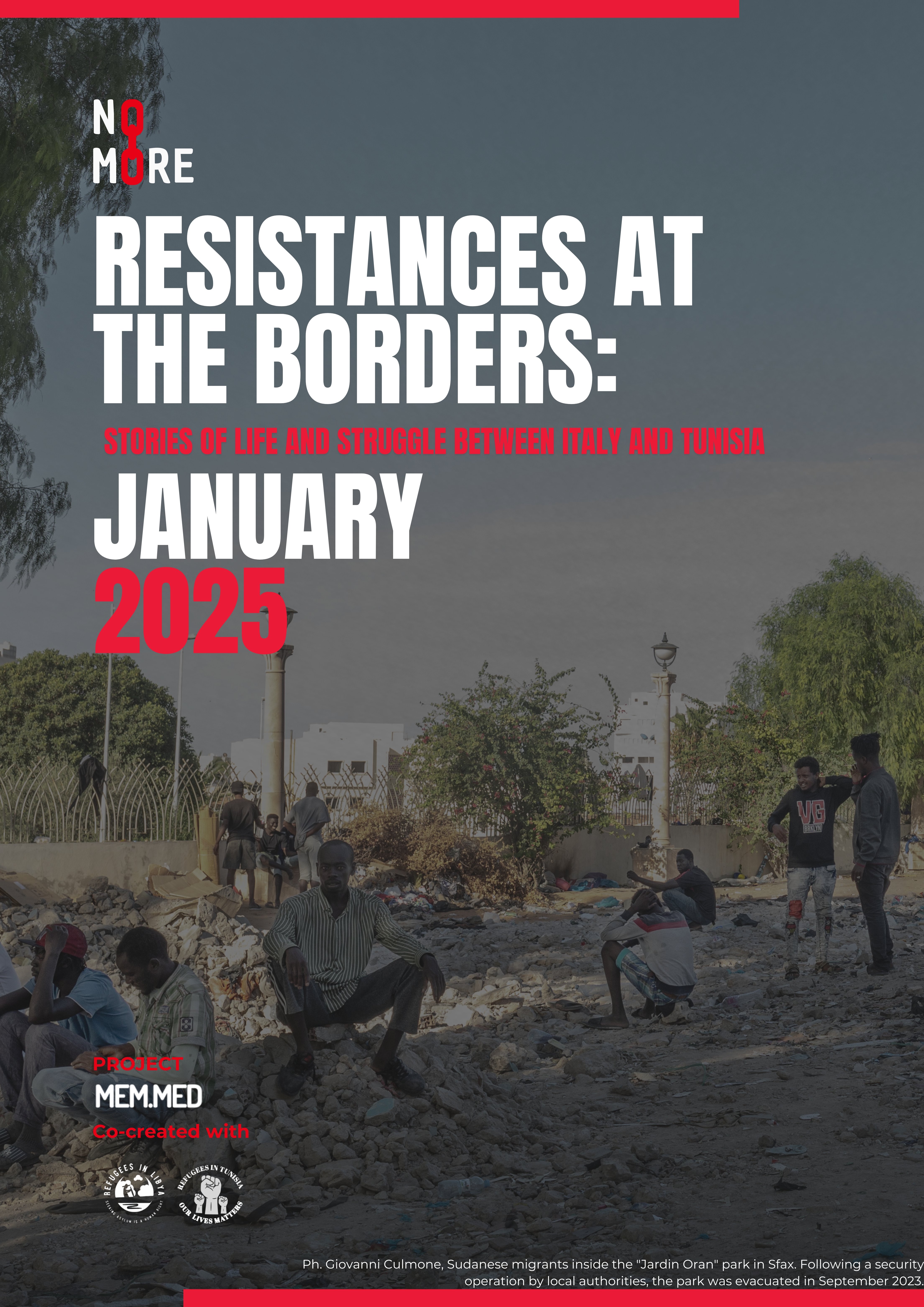SOS Humanity
In conjunction with the new law which it passed in January 2023, the far-right Italian government has been systematically assigning distant ports for disembarkation to rescue ships for over a year, in order to actively hinder their work. As this clearly violates EU and international law, in April 2023, several SAR NGOs filed a lawsuit at the civil court in Rome and submitted a complaint to the EU Commission in July 2023.
The new SOS Humanity data analysis shows the extent of the obstruction: in 2023 alone, rescue ships lost more than a year of operation time in total!
Instead of assigning a close port of safety, as required by maritime law, Italy sends non-governmental rescue ships systematically to ports in the north and/or east of Italy that are far away from the area of operation. The journey there, which takes several days, means a huge physical and psychological burden for the survivors, who have often been in mortal danger at sea for days and have fled from human rights violations. It also creates additional costs for us as search and rescue organizations due to the higher consumption of supplies and fuel. Moreover, it means less time in the area of operation and therefore more deaths in the central Mediterranean.
Unequal conditions for civil fleet and coast guard
This practice is also linked to the new Italian law (“Piantedosi Decree”) that came into force in 2023, which stipulates, among other things, that non-governmental rescue ships must immediately sail to the assigned port after the first rescue and thus leave the area where most maritime emergencies occur, even if there are open distress cases in the vicinity. If NGOs do not comply, they face fines of up to 50,000 euros as well as the detention and ultimately confiscation of their rescue ships. In many cases, non-governmental rescue ships were detained last year because they were unable to sail to the ports assigned without jeopardizing the safety of those rescued on board.
The ships of the Italian Coast Guard, on the other hand, continue to bring people rescued from distress at sea ashore at nearby ports. The practice of assigning distant ports is aimed solely at non-governmental rescue ships. This means that smaller rescue ships can no longer dock in Lampedusa, while large rescue ships such as the Humanity 1 are prevented from disembarking survivors in nearby Sicily.
- year 2023
- number of distant ports: 20
- disembarkation at distant ports: 107
- extra kilometers: 150,538
- days lost: 374
Three and a half times around the world
For the civil fleet this amounted to a total loss of 374 days of operation in the world’s most dangerous migration route. For over a year, rescue ships were forced to sail to and from distant ports instead of saving lives. The ships traveled more than 150,538 kilometers on unnecessarily long routes – that is more than three and a half times around the world! The political practice of assigning distant ports thus represents a new low in the obstruction of the life-saving work of search and rescue NGOs.
Interactive map:

https://sos-humanity.org/en/our-mission/change/over-a-year-of-operation-time-lost/
© Fabian Stricker, contact@fabmap.at




